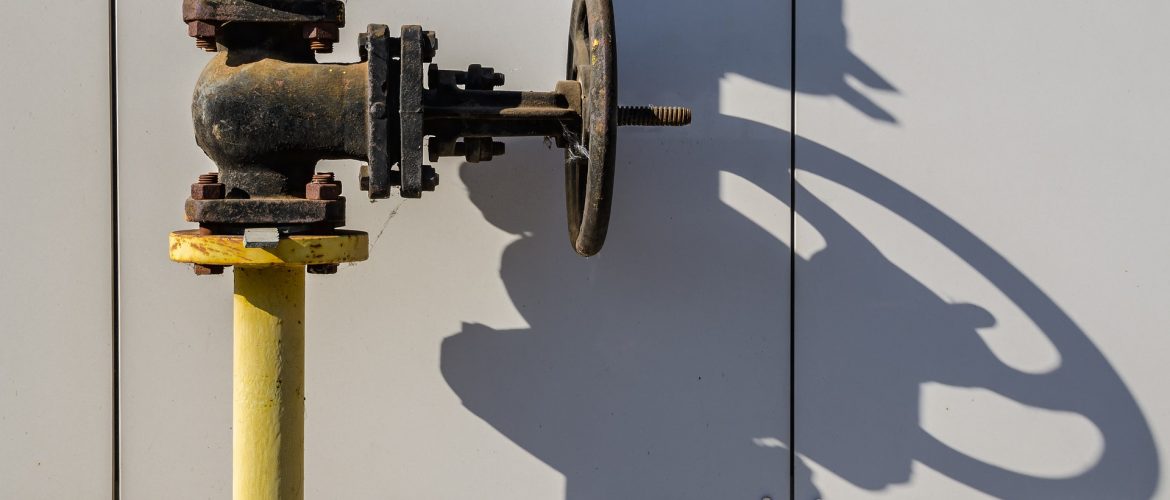Their concerns regarding the proposal by 10 EU Member States to reintroduce fossil gas in the revised trans-European infrastructure energy (TEN-E) regulation, expressed 50 environmental NGOs and think tanks from these Member States, including the Green Tank, as reflected in their joint letter, in view of the Council meeting on 11 June.
The full letter follows:
“Stop the expansion of fossil gas infrastructure
We write to express our concerns regarding proposal for the reintroduction of fossil gas in the revised trans-European infrastructure energy (TEN-E) regulation. The European Union and the TEN-E must not facilitate investments in fossil fuel infrastructure.
We write ahead of the next EU Council meeting on 11 June, to urge you to act now to prevent the waste of public money on the expansion of the costly and already partly underutilized fossil gas infrastructure.
Fossil gas expansion, through the so-called Projects of Common Interest, or PCIs, that have privileged access to construction permits and public financing, stands in stark contrast to the urgent need to radically reduce our greenhouse gas emissions.
Fossil gas is a fossil fuel with catastrophic climate impacts, and not just due to its carbon dioxide emissions released during burning. It contributes to global warming before ever reaching the point of combustion. Methane emissions from fossil gas leak unburned at every stage from extraction to consumer, in sufficient quantities to make it an enormous climate danger. While methane stays in the atmosphere for a shorter period than carbon dioxide, methane warms the planet by 86 times as much as carbon dioxide because of its higher potential to store heat, according to the Intergovernmental Panel on Climate Change. There is strong evidence that when the full life cycle is taken into account, fossil gas can have the same or even worse climate impact as other fossil fuels.
According to a recent UN report, global methane emissions have continued to rise despite the recent economic turmoil, while cutting methane is the strongest lever and an urgent need if we are to slow climate change. Following the report, UN chief, António Guterres, pleaded with world leaders to transition away from fossil fuels if we are to avoid falling into a climate abyss.
According to the International Energy Agency report, there is no space left for the expansion of fossil infrastructure in the world. “The analysis reviewed all current and under-construction energy infrastructure around the world – and finds they will account for some 95% of all emissions permitted under international climate targets in coming decades.”
Furthermore, according to the European Commission, EU fossil gas consumption needs to decline considerably in the next decade, by 36% in comparison to the 2015 level, if the EU is to achieve its climate commitments.
Just like in the rest of Europe, security of supply does not necessitate further expansion of costly fossil gas infrastructure in central and eastern Europe. Assessments of existing fossil gas infrastructure in Europe showed that the current network is sufficiently resilient to meet a variety of future gas demand scenarios in the EU, even in the event of extreme supply disruption cases.
A recent report by Global Energy Monitor has revealed that planned public and private investments, worth 87 billion euros, would see the EU’s fossil gas import capacity actually increase by 35%, leading inevitably to stranded assets, to be borne by consumers. In fact, even according to the latest EU expert agency opinion, investing now into new gas infrastructure risks creating many stranded assets because there is the lack of commitments from potential pipeline users to use these capacity increases.
It has to be noted that even the current import capacity is underused. For example LNG terminals have been used to a less than to one half of their capacity (average utilisation rate of 46% for 2019 and 2020) according to the Food & Water report.
Spending taxpayer money now on fossil gas infrastructure necessarily means diverting investment from much-needed demand-side energy efficiency projects and fast deployment of sustainable forms of renewable energy.
Creating a renewables-powered energy system in Europe should not be reserved only for rich countries. No Europeans should be left behind in the EU’s transition to a zero-carbon energy system. A secure and job-rich future can be ours – if we have the courage to grasp it.
We urge you to support measures that genuinely bring forward a just and swift energy transition aligned with the Paris Climate Agreement. We call on you to vote against the inclusion of fossil gas infrastructure into the revised TEN-E regulation.”
Υοu can download the full statement of the 50 environmental NGOs and think tanks here.



















































































































































































































































































































